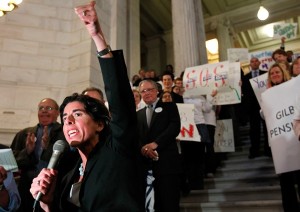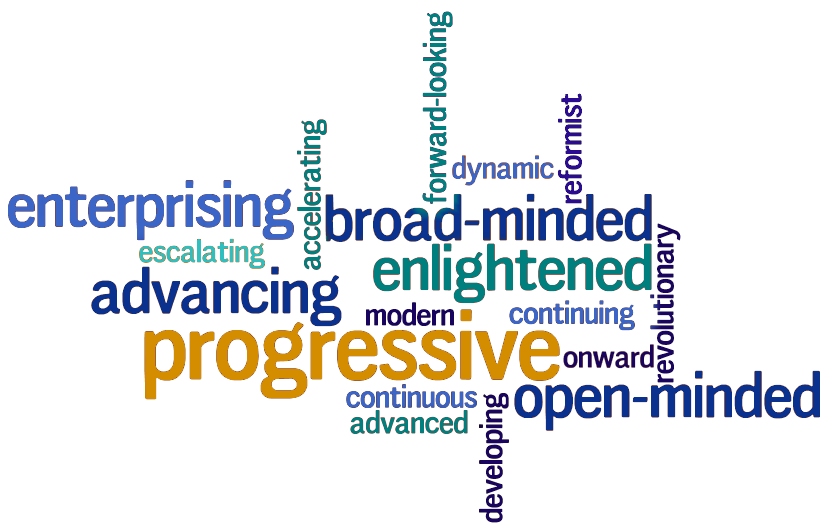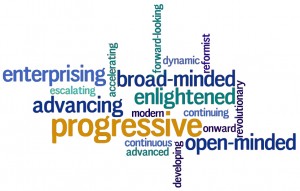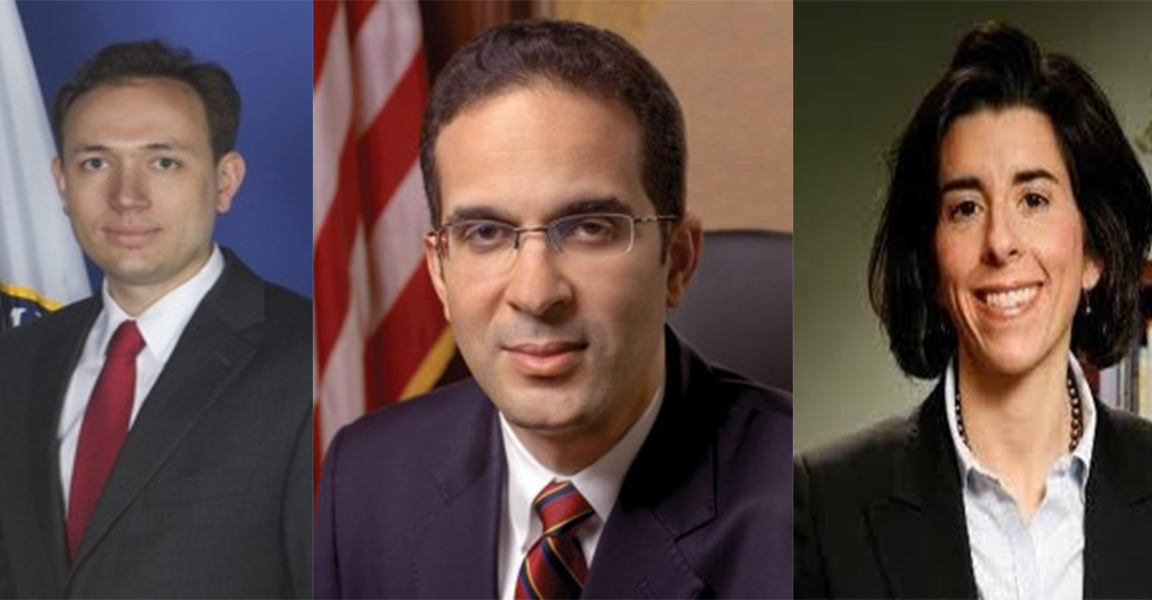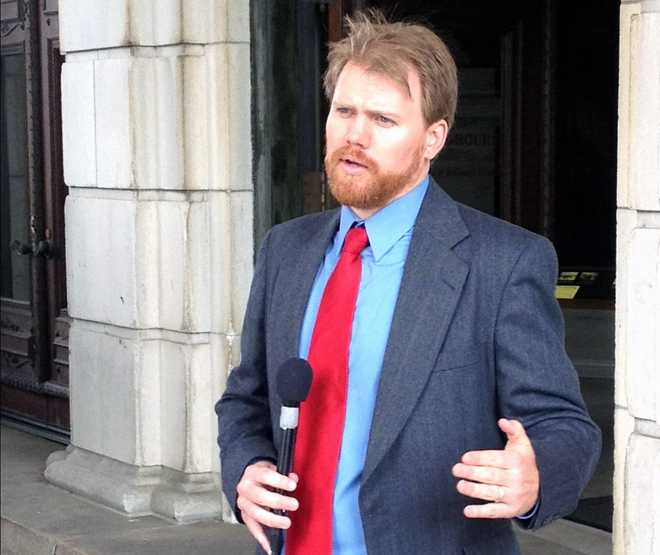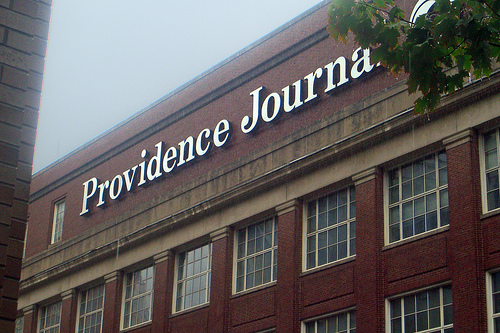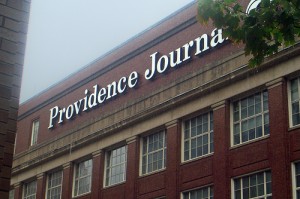
A while back, Mark Gray and Bob Plain were discussing the word “progressive” (while discussing Sam Howard’s piece here) and neither seemed sure of how to define the term. (Since then, Andrew Tillett-Saks took a stab at defining the term here.) Bob suggested the term had something to do with supporting “bottom up” Keynesian economics and later suggested that progressives should seek to the greatest amount of good for the greatest amount of people. Mark seemed to indicate that the term was essentially meaningless and suggested the word “liberal” be reclaimed. As a Humanist, I found this exchange interesting, because at its core, Humanism is a progressive philosophy of life based in reason, compassion, optimism, courage and action, so the term “progressive” is at the core of my beliefs in a very basic way.
Simply put, progressives advocate for social reform. Working from the core value of compassion, progressives see the expansion of human and civil rights as important goals and work to advance the well being of all humans. Built into progressive ideals is an optimism about the necessity of human beings coming together to solve the larger issues confronting our world. When done correctly, progressivism is not Utopian fantasy, because progressives should be pragmatists, grounded in the real world.
Mark and Bob indicated in their podcast that being a pragmatic progressive is akin to being a compassionate conservative. They were riffing off statements made by House Speaker Gordon Fox and State Treasurer Gina Raimondo, who both referred to themselves as pragmatists. However, Raimondo and Fox were not talking about pragmatism as an approach to values decisions but as an approach to political realities, akin to Kissinger’s realpolitik. The statements by Fox and Raimondo indicated a willingness to abandon progressive values when politically expedient, rather than adopting a pragmatic approach towards executing progressive values.
Pragmatically executing progressive values requires science and reason, rather than cultural prejudices and tradition, as the best tools with which to better society. Science and reason are not in and of themselves the goal of progressives, they are the tools progressives use to create a better, more just and more compassionate society. Progressives are led by their compassion to enable the best possible social reform by using the best possible tools.
So what does this all mean in real world terms? Going back to Bob Plain’s idea that progressives advance the ideas of Keynesian economics, for instance, we can see that it’s not a belief in Keynesian economics that makes one a progressive, it’s a belief in compassion, reason and science that brings one to view that Keynesian economics is currently the best contender as an economic theory around which to organize a capitalist economic system. As to whether capitalism is the best way to organize our economy, that’s a discussion for another time, but here I will note that if capitalism cannot be properly tamed by Keynesian proscriptions, it is not worth the misery it causes and should be abandoned.
Progressives value democracy. Recognizing that all human beings have inherent worth and dignity means that all human beings should have some say in how our society should be arranged. Progressives believe that democracy and universal enfranchisement, limited by a commitment to the widest possible understanding of human rights, is our best method of ensuring our fidelity to the goal of protecting and enhancing human wellbeing.
Bob and Mark felt that support of organized labor was a sticking point for some progressives. Just as all progressives should be in favor of democracy, so should all progressives be in favor of unions. Unions are simply groups of people advocating for the best deal possible in their workplace under a capitalist economic system. Unions at their best are democratically run, and work to better the well being of workers/people. The right of people to peaceably assemble and collectively bargain is as absolute and essential as any right there is.
Progressives and others would be right to take issue with the way some unions behave in the real world, just as they are right to take issue with the way some democracies behave in the real world. One can stand up for democracy and be opposed to the treatment of prisoners at Guantanamo or support unions without supporting corruption. However, progressives should not be opposed to unions on philosophical grounds. If you accept that people have the right to collectively bargain, then you have to accept the right of people to unionize. If you deny that people have the right to collectively bargain, then you should hang up your “progressive” hat for good, because you are denying basic human rights, democracy and the advancement of human well being in favor of monied interests, plutocracy and economic ideology.
Education is another issue that bedevils progressives. Right now there is a concerted effort to wrest public education from government control (and in our democracy that means wresting it from the control of the citizens) and putting it under the auspices of private industry or religious institutions. Both of these options should be anathema to progressives. If there is truly something deeply wrong with the public education system in the United States (and that seems unclear to me, though I am by no means an expert in this area) then it falls to the public to correct that issue.
Turning over control of our schools to private, for-profit industry, in the hopes that business models will be more effective at finding educational solutions, treats our children as commodities, which is the very opposite of treating our children as worthy human beings. Furthermore, the idea that businesses, operating under the grinding Darwinism of the free market, will do a better job educating our children flies in the face of what business is truly about. Businesses are not about delivering better products, businesses are about maximizing profits. Look at the world around us. Most cars are not high performance Teslas, and most cellphones are not state of the art iPhones. Education by free market will produce some exceptionally high quality educations but will mostly churn out sub-par, assembly line, cookie cutter educations designed to meet minimum standards. Again, this treats our youth as commodities.
Vouchers, which would give parents money allotments that would allow them to send their children to private and parochial schools, are also contrary to progressive values. The money handed out would be siphoned away from already underfunded and struggling public school systems and channeled to educational environments that may well stand in direct opposition to the values of democracy, human rights and human wellbeing. Private educational institutions are under no obligation to teach students in accordance with the values of a free and open society.
Some private schools may deny the fundamental principles of reason and science by rejecting evolutionary science education, and others may reject universal human rights by denying the existence of women’s and LGBTQ rights. More extreme schools of thought cannot be excluded from public funding through vouchers. Private schools could just as easily deny the roundness of the earth or the humanity of non-whites.
Progressives believe that our society should be under no obligation to fund, in any way whatsoever, ideas that fly in the face of compassion, reason and human rights. Though we recognize that in a pluralistic society such ideas do exist, and understand that some parents and guardians will make the decision to pull their children from public schools in order to send their children to a private institution or home school, our commitment should be to making our public schools the best they can be, using the best ideas and most recent scientific studies to ground our work in reality, not helping to fund those that would tear down our society based on religious or ideological beliefs.
The root of the word “progressive” is “progress.” Progressives need to look beyond current issues and current events and keep one eye on the future. Progressives should imagine the kind of world this could be, and work to get there. Being a progressive in the 1930s did not necessarily include being passionate about LGBTQ rights. But by the 1980s that’s exactly what it meant. Today’s seemingly minor issue could become the great civil rights battle of fifty years from now. There should be no shame in advocating today what will only seem like common sense in the future. Nor should there be shame in giving due consideration to ideas that are outside our experience or seem somewhat wacky. Many things we take for granted today would seem unbelievable to people who existed a century or even fifty years ago. If progressives remember to use compassion, tempered by reason, optimism and the council of others, we will not go too far astray.
One final note on what it means to be a progressive, particularly in Rhode Island, as regards religious and other concerns of conscience. Democracy and a concern for the value of all human beings necessitates a secular, non-religious government. This is as essential to being a progressive as anything else I’ve mentioned. Our private beliefs can be as varied and imaginative as we desire, but the space in which we must all interact, that is, the government and its institutions, needs to be free of religion and dogma, so that all people feel free to express themselves fully. Public, government sponsored religion and prayers, even if deemed ceremonial and traditional, fly in the face of inclusion. The prayer that opens a legislative session or the Christmas Tree displayed in the State House privileges and legitimizes one set of beliefs over another. In this light justice and equality seem a revokable gift of the ruling class, rather than basic and guaranteed human rights.
Being a progressive is deeply meaningful, and progressives should know that they are following a proud tradition of advancing human rights, human well being, and institutional fairness. Progressives have a history of making the world a better place, and I am proud to work in that tradition.



